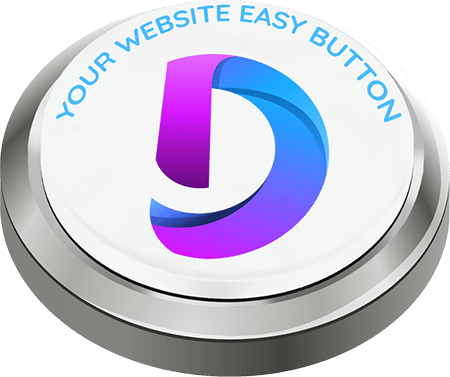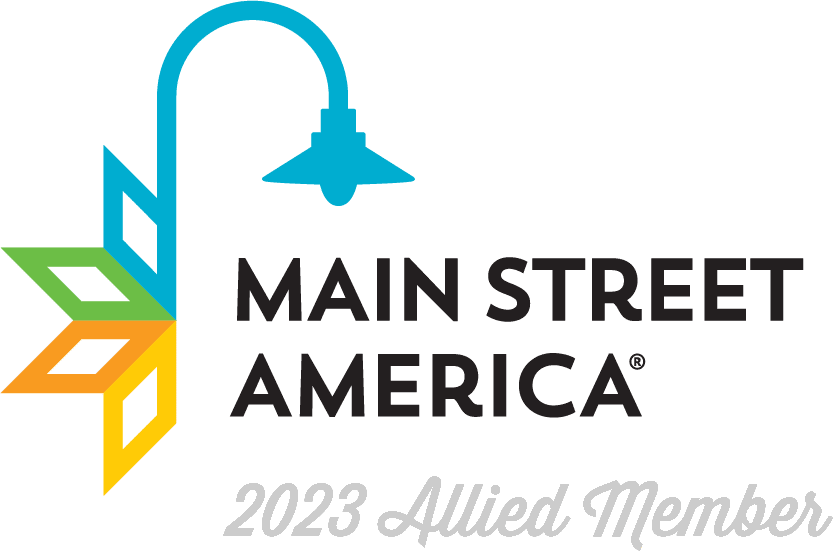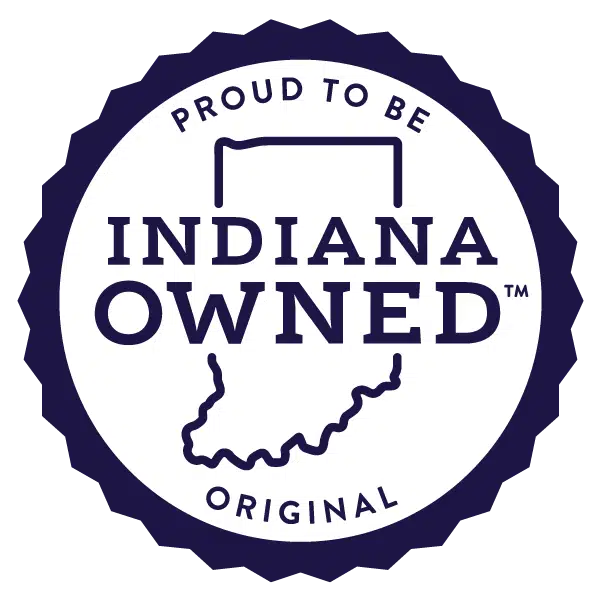The Importance of Meta Titles and Descriptions
There are a lot of factors that go into optimizing your website for search engine ranking, but two of the most important are your meta titles and descriptions. These short pieces of text show up in search engine results pages (SERPs), and if they’re well written, they can entice people to click through to your website. In this blog post, we will discuss how to write meta titles and descriptions that will help you rank higher on search engine results pages. We will also provide some tips on how to optimize them for conversions. So, if you want to learn more about meta titles and descriptions, or if you just need a refresher course, keep reading!
Appendix
- What Is a Meta Title?
- What Is a Meta Description?
- Optimizing Your Meta Titles and Descriptions
- What to Avoid When Writing Meta Titles and Descriptions
- Testing Your Meta Titles and Descriptions
- The Benefits of Effective Meta Titles and Descriptions
- Tools to Help Write Meta Titles and Descriptions
- The Bottom Line
What Is a Meta Title?
A meta title is the title of your webpage that shows up in search results pages. It is also the text that is used as the link to your website. The meta title should be brief and succinct, and it should accurately reflect the content of your page. It should be between 50 and 60 characters. If it’s longer than that, it will be cut off in search engine results pages.
What Is a Meta Description?

A meta description is the brief summary of your webpage that shows up in search engine results pages. It is not used as the link to your website, but it should accurately reflect the content of your page. The optimal meta description length should be around 150-160 characters long, and it should be compelling enough to make people want to click through to your website.
How to Optimize Your Meta Titles and Descriptions for Search Engines
Now that you know what meta titles and descriptions are, let’s talk about how to optimize them for SEO. Here are some tips:
Reflect the Content of Your Pages
Your meta titles and descriptions should accurately reflect the content of your pages. If you’re writing a blog post about SEO, for example, your meta title should say “SEO Tips from the Pros” and your meta description should say “Learn how to improve your website's search engine ranking with these tips from the experts.”
Include Your Keywords
Including your keywords in your titles and descriptions can help you rank higher on search results pages. However, don’t stuff your keywords into your text or make them sound unnatural – that will only hurt your SEO efforts.
Make Them Engaging

Your meta titles and descriptions should be engaging enough to make people want to click through to your website. If they’re boring or uninspired, people are likely to skip over them. They should also be brief and concise. The more succinct they are, the more likely people are to read them.
Optimizing for Conversions
If you want to optimize your titles and descriptions for conversions, use call-to-action phrases. Some good examples include “Download Now,” “Learn More,” and “Sign Up Today.”
What to Avoid When Writing Title Tags and Meta Descriptions
There are a few things to avoid when writing meta descriptions and titles:
Duplicate Content
If you have the same meta titles and descriptions on multiple pages, search engines will only use the information from the first page. So, make sure that have a unique title and a unique meta description for each page.
Lengthy Meta Titles and Descriptions
If your meta titles and descriptions are too lengthy, they will be cut off in search engine results pages. So, make sure that they are brief but still accurately reflect the content of your page.
Putting Your Site’s Name in the Meta Title
Some site owners make the mistake of putting their site’s name in the meta title. This is not necessary, and it can actually hurt your SEO efforts. The meta title should be focused on the content of the page, not the site itself.
Testing Your Meta Titles and Descriptions

Don’t just create a meta title and description and call it a day – you need to test them to see if they’re effective. Use Google AdWords’s free keyword planner to find out what keywords people are searching for, and then use those keywords in your meta titles and descriptions. Then, use Google Analytics to see how well they’re performing. If they’re not getting the results you want, make changes until you find something that works.
The Benefits of Effective Meta Titles and Descriptions
Well-written meta titles and descriptions can provide a number of benefits for your website, including:
Increased Traffic
If you have effective meta titles and descriptions, they can help you rank higher on search results pages. This means that you’ll get more traffic to your website.
Improved Click-Through Rates
If you title tags and descriptions are well-written and engaging, people will be more likely to click through to your website. This can result in improved click-through rates and increased traffic.
Increased Conversions
Well-written meta titles and descriptions can also help you increase your conversions. If you use call-to-action phrases in your titles and descriptions, you can encourage people to take action and convert.
Tools to Help Write Meta Titles and Descriptions
There are a number of tools that can help you write effective meta titles and descriptions. Some of the best ones include:
Yoast SEO
This plugin for WordPress helps you write meta titles and descriptions that are both effective and compliant with Google’s guidelines. It also checks to make sure that your keywords are included in your content.
SEOmofo
This free online tool helps you analyze your website and provides feedback on how to improve your title tags and descriptions.
Google AdWords’s Keyword Planner
This free tool allows you to find out what people are searching for online, and then use those keywords in your meta titles and descriptions.
The Bottom Line

If you want to improve your website’s SEO, you need to focus on writing effective meta titles and descriptions. A good meta description and title should reflect the content of your pages, include your keywords, and be engaging enough to make people want to click through. If you test them and they’re not getting the results you want, make changes until you find something that works. The benefits of effective meta titles and descriptions are significant, so it’s definitely worth your time to invest in them.







